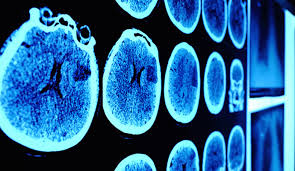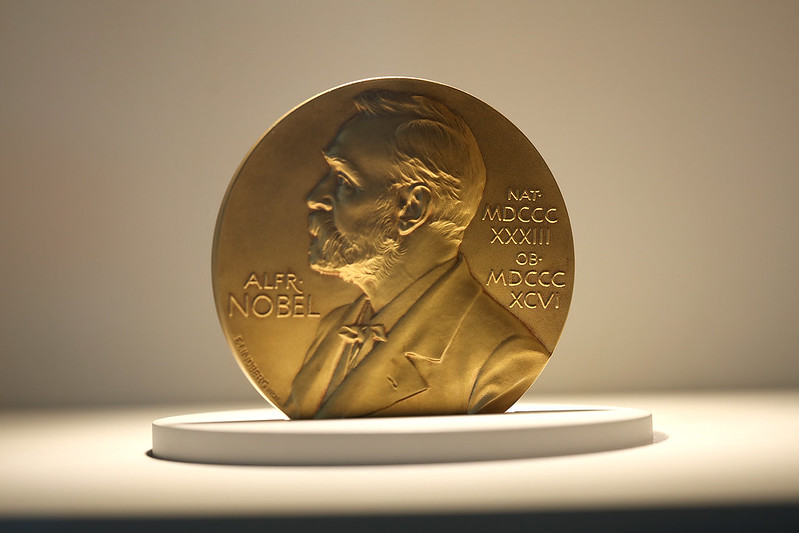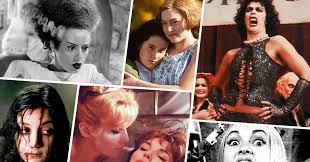Throughout our lives, both men and women undergo fluctuations in hormone levels, each stage bringing its own unique changes. But how do these hormonal shifts influence our desires and daily experiences?
At certain moments, the mere sight of bare skin, the hint of a scent, or a subtle gesture can ignite an overwhelming craving for intimacy and passion. Yet, there are also times when the appeal of a cup of tea and a crossword puzzle surpasses any inclination for physical intimacy.
These fluctuations in libido highlight the dynamic nature of our sexual desires, reflecting the intricate interplay between biological factors and psychological states. Understanding these shifts can provide insight into the complexities of human sexuality across different stages of life.
But why is this the case?
Our sex hormones hold significant responsibility. Specifically, it’s estrogen, testosterone, and progesterone that wield influence over puberty, fertility, and libido.
"Hormones act as chemical messengers produced by glands in the endocrine system, released into the bloodstream," explains Dr. Shirin Lakhani, a physician and expert in intimate health. "They function in harmony within the body, akin to an orchestra, and any imbalance can manifest at any life stage, impacting others."
Scientists are actively researching the connections between sex hormones, libido, and overall health and disease. Here's what we currently understand about their fluctuations across our lifespan.
In Childhood and Adolescence
"In males, testosterone production begins in the womb, crucial for the development and growth of the penis and scrotum," notes Professor Rod Mitchell, a specialist in developmental endocrinology at Edinburgh University. "During puberty, elevated levels of testosterone are essential for further genital growth and the initiation of sperm production, persisting into adulthood. Conversely, in females, estrogen isn’t necessary in childhood but rises during puberty to facilitate breast development and the onset of menstruation," adds Professor Mitchell.
If You're a Man in Your 20s
Testosterone levels are typically high during this period, vital for sexual function, fertility, and overall well-being, according to Professor Mitchell. "In your 20s, testosterone levels are elevated – and so is your libido," remarks Professor Annice Mukherjee, renowned as "the hormone doc" on Instagram. However, it's not without its challenges: many young men experience sexual anxiety due to lack of experience. "While one might associate erectile dysfunction (ED) with later stages of life, 8 percent of men in this age group report it," Professor Mukherjee highlights.
 // Cras eget sem nec dui volutpat ultrices.
// Cras eget sem nec dui volutpat ultrices.
"Antidepressants and various health conditions such as chronic stress, fatigue, uncontrolled diabetes, and severe obesity can all dampen testosterone levels and libido," she warns.
If you’re a woman in your 20s, Prof Mukherjee notes that while this period is often considered the most fertile, it doesn't necessarily coincide with a heightened sexual desire. Research suggests that female desire may increase as fertility starts to decline towards the late 20s. Despite the decline in fertility thereafter, many women remain fertile for several more decades. Natasha Silverman, a sex therapist at Relate, frequently encounters discussions on libido and "sex drive" in couples of all ages during sex therapy sessions. She explains that sexual desire isn't simply categorized as 'high' or 'low', but rather evolves over time, particularly after the initial honeymoon phase of a committed relationship. During this phase, many women transition from spontaneous sexual desire to a different form of sexual desire, characterized by responsive or contextual factors.
For men in their 30s or early 40s, Prof Mukherjee highlights that while many continue to have a strong sex drive, testosterone levels gradually decrease after the age of 35. Factors such as work stress, family responsibilities, and health issues can significantly affect sex drive and testosterone levels during this period.
Women in their 30s or early 40s may experience their strongest sex drive. Studies indicate that women in this age range tend to engage in sexual activity earlier in relationships and report higher levels of desire. However, hormonal fluctuations during pregnancy, childbirth, and child-rearing can impact libido. Silverman emphasizes that as spontaneous desire diminishes, women often transition to responsive or contextual desire, adapting to changes in their lives and relationships.
For men in their late 40s or 50s, maintaining a healthy lifestyle becomes increasingly important as issues like heart disease, diabetes, and obesity can affect sexual function. Prof Mukherjee explains that while testosterone levels decline with age, there is no dramatic decrease termed 'manopause', although medical conditions and medications used to treat them can contribute to erectile dysfunction.
 // Cras eget sem nec dui volutpat ultrices.
// Cras eget sem nec dui volutpat ultrices.
Similarly, women in their late 40s or 50s may experience fluctuations in libido during the perimenopause, with some experiencing increased desire due to hormonal changes. Symptoms of menopause such as fatigue, hot flushes, and loss of libido can impact sexual function, but hormone replacement therapy (HRT) may alleviate these symptoms and enhance libido.
For individuals in their 60s or older, Prof Mukherjee notes that testosterone levels decline, but their impact on sexual arousal varies among individuals. Maintaining overall physical and mental health, as well as nurturing relationships, is essential for a fulfilling sex life. Medical conditions should be addressed with the guidance of a healthcare professional, and medications like sildenafil (Viagra) are available to treat erectile dysfunction.
Ultimately, regardless of age, Silverman emphasizes the importance of trust, affection, and communication in maintaining a satisfying sex life, highlighting that age should not be a barrier to intimacy and enjoyment.

























0 Comments